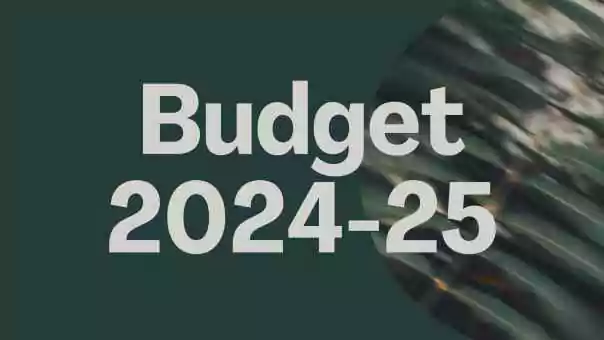Islamabad, June 30, 2024 – Pakistan President Asif Ali Zardari on Sunday approved the heavily tax-laden Budget 2024-25, set to come into effect from July 1. The budget, amounting to Rs18.877 trillion, aims to stabilize the economy and secure a new bailout from the International Monetary Fund (IMF).
The President endorsed the finance bill, a key component of the budget, under Article 75 on the advice of Prime Minister Shehbaz Sharif, according to a statement from the President’s House. This approval followed the budget’s passage through the National Assembly after incorporating several amendments.
The federal government presented the tax-heavy budget two weeks ago, facing sharp criticism from opposition parties who labeled it as “economic terrorism” against the populace. Despite the backlash, the ruling alliance, including the Pakistan Peoples Party (PPP), supported the bill, which passed with a majority vote. All amendments proposed by opposition members were rejected.
Article 75(1) of the Constitution mandates that the president must give his assent to an approved bill within 10 days of its receipt. The article also allows the president to return a non-money bill to Parliament for reconsideration, along with suggested amendments.
Key amendments in the budget include adjustments to the advance tax on the sale or transfer of immovable property under Section 236C for retired and serving federal and provincial employees, retired and serving armed forces personnel, and individuals injured in war. Another amendment reduces the income tax rate for the Association of Persons (AoPs) from 45% to 40% on annual income exceeding Rs5.6 million. However, those earning more than Rs10 million annually will now face a 10% surcharge on their income tax.
The federal excise duty (FED) rate on cement has been increased to Rs4 per kg, projected to generate Rs80 billion in revenue, raising the price of a bag of cement by at least Rs100. Additionally, a 5% FED on lubricant oil is expected to bring in Rs15 billion.
International travel will also become more expensive, with increased FED on tickets: Rs12,500 for economy class and up to Rs350,000 for business class tickets to the Americas. Other increases include Rs105,000 for the Middle East and Europe and Rs210,000 for Australia, New Zealand, and the Pacific.
Furthermore, a 3% FED has been imposed on the allotment or transfer of property by tax filers and 5% by non-filers. An 18% sales tax will now apply to imported vegetables and fruits from Afghanistan, pencils, drawing materials, diagnostic kits, and tractors.
A new capital value tax targets farmhouses and residential properties in Islamabad. Farmhouses ranging from 2,000 to 4,000 square yards will be taxed Rs500,000, while those exceeding 4,000 square yards will incur a tax of Rs1 million. Residential houses from 1,000 to 2,000 square yards will face a tax of Rs1 million, and those over 2,000 square yards will be taxed Rs1.5 million.
Policymakers have set a challenging tax revenue target of Rs13 trillion for the fiscal year starting July 1, representing a 40% increase from the current year. This ambitious target is part of a broader strategy to secure a new IMF loan ranging from $6 billion to $8 billion.
The increase in the tax target includes a 48% rise in direct taxes and a 35% hike in indirect taxes over the revised estimates of the current year. Non-tax revenue, including petroleum levies, is expected to increase by a substantial 64%.
In addition to these measures, the tax rate on textile and leather products and mobile phones will rise to 18%. The tax on capital gains from real estate will also see an increase, and workers will face higher direct taxes on their income.
This comprehensive budget reflects Pakistan’s urgent need to stabilize its economy, increase revenue, and secure international financial support amid ongoing economic challenges.
